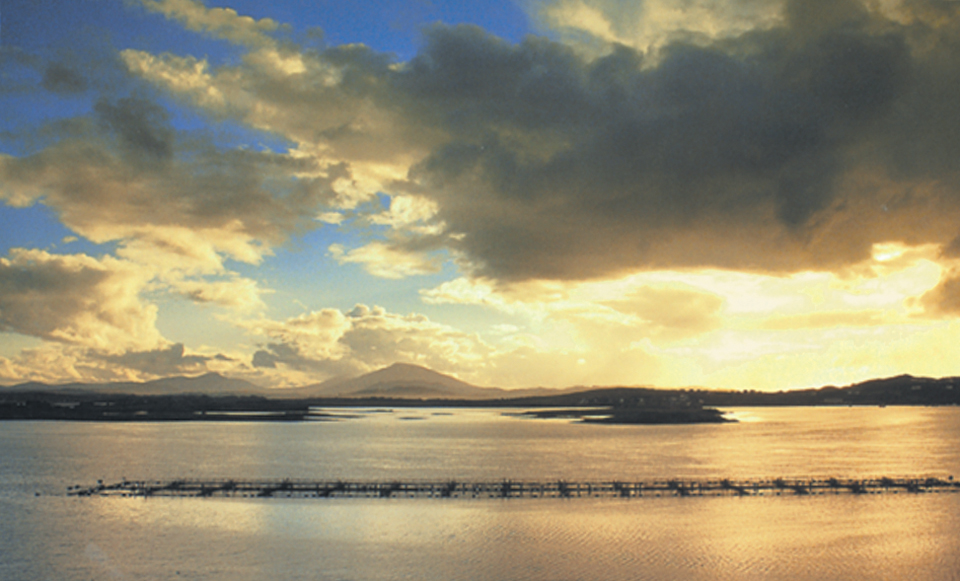
An evening view of salmon cages in Ireland.In 2001, the volume of aquaculture output in Ireland stood at 60,935 tons, with a first-sale value of € 107,109,000 ($105,224,500). Two key supports of the Irish aquaculture sector are provided by state agencies through the development of product quality and food safety programs.
Board Iascaigh Mhara
Board Iascaigh Mhara (BIM), the Irish seafood, fisheries, and aquaculture development agency, has a history of promoting the sustainable development of Ireland’s marine fish and aquaculture industry. As part of its development of the aquaculture sector, BIM over the last three years established independent certified quality assurance programs for the industry. An EN45011-accredited certification body certifies program members. EN45011 (or its equivalent ISO65) is a “European norm” with established criteria for bodies that operate product certification.
Standards and certification
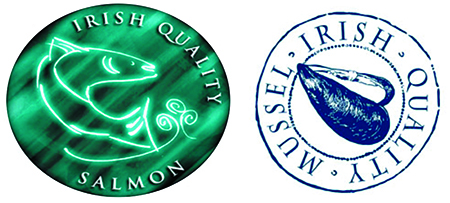
A technical advisory committee composed of representatives from industry, the Food Safety Authority of Ireland, and other interested parties was formed to write the standards for the aquaculture quality program.
Applicants apply to be members of the program and then contact Irish Food Quality Certification Ltd., an independent third party, to be audited. The audit report is submitted to the technical committee, which makes the final decision as to whether applicants become certified, and hence can use the program mark on their products.
The Irish Quality Salmon program has been running since 2000. Its membership currently includes over 50 percent of the salmon producers in Ireland. The Irish Quality Mussel program is currently at the pilot stage.
Marine Institute
The Marine Institute was established in 1991 as the national agency to coordinate marine research and development. The institute is designated by the European Union as the national reference laboratory for marine biotoxins in Ireland.
In order to protect consumer safety and underpin exports of Irish shellfish, the Marine Institute built an integrated monitoring program that includes phytoplankton analyses, chemical testing by liquid chromatography – mass spectrometry and bioassays. More than 8,000 shellfish and plankton samples were tested as part of the biotoxin regime in 2001.
Phytoplankton samples are collected nationally and analyzed in a series of localized laboratories by the Marine Institute. The results are then issued to the industry and all interested parties.
Phytoplankton analysis has proved to be a very effective early-warning system for the Irish aquaculture industry in relation to potential algal blooms. Shellfish samples are collected from designated sampling points along the coast on a weekly basis during harvesting. The collection is coordinated by shellfish managers in the Department of Communication, Marine, and Natural Resources.
Aquaculture regulation
The Department of Communication, Marine and Natural Resources is responsible for regulating the aquaculture industry in Ireland. All its samples are sent to the Marine Institute or subcontracted laboratories for bioassay and chemical analysis. All results are centralized in a Marine Institute database and then issued nationally with the assistance of the Food Safety Authority of Ireland.
(Editor’s Note: This article was originally published in the October 2002 print edition of the Global Aquaculture Advocate.)
Now that you've reached the end of the article ...
… please consider supporting GSA’s mission to advance responsible seafood practices through education, advocacy and third-party assurances. The Advocate aims to document the evolution of responsible seafood practices and share the expansive knowledge of our vast network of contributors.
By becoming a Global Seafood Alliance member, you’re ensuring that all of the pre-competitive work we do through member benefits, resources and events can continue. Individual membership costs just $50 a year.
Not a GSA member? Join us.
Authors
-
Dr. Catherine Butler
Shellfish Quality Officer
Board Iascaigh Mhara
12 Crofton Road
Dun Laoghaire
Dublin, Ireland[101,105,46,109,105,98,64,99,114,101,108,116,117,98]
-
Micheal O Cinneide
Director
Marine Environment & Health Services
Marine Institute
Dublin, Ireland
Related Posts

Innovation & Investment
Aquaculture Exchange: Tom Pickerell
The technical director for the U.K. seafood industry authority, Seafish, talks to the Advocate about the challenges facing aquaculture expansion and why it will be seafood that fills the protein gap that many are expecting in the future.
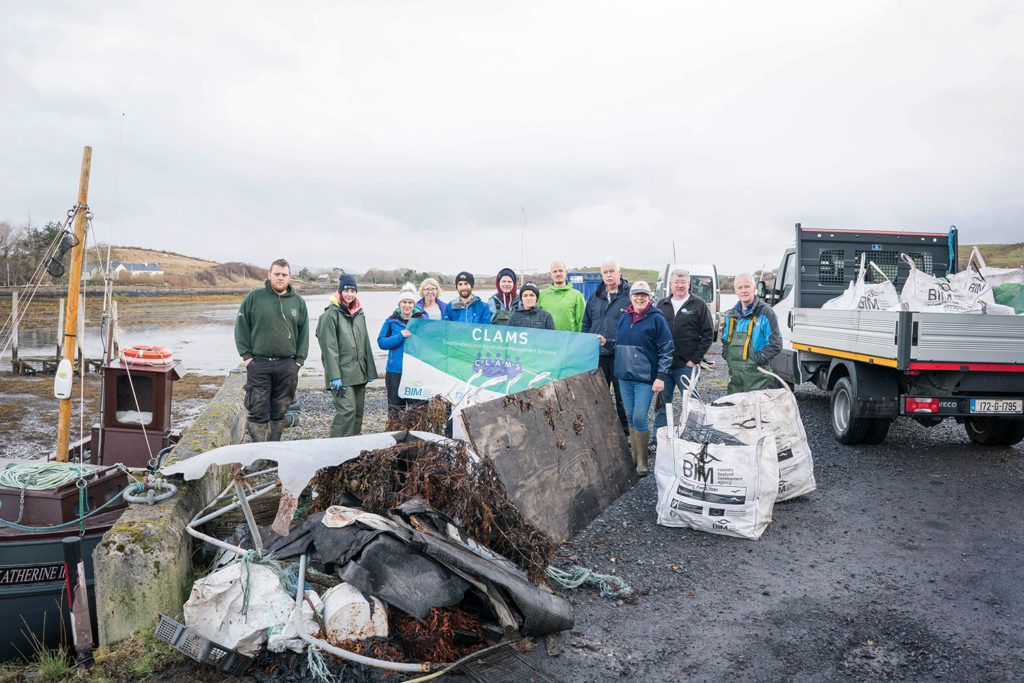
Responsibility
Love thy neighbor: Ireland’s Clew Bay embraces aquaculture area management
Aquaculture producers in Ireland’s Clew Bay prove that organized clusters can mitigate biosecurity risks and can even raise their profile with consumers.
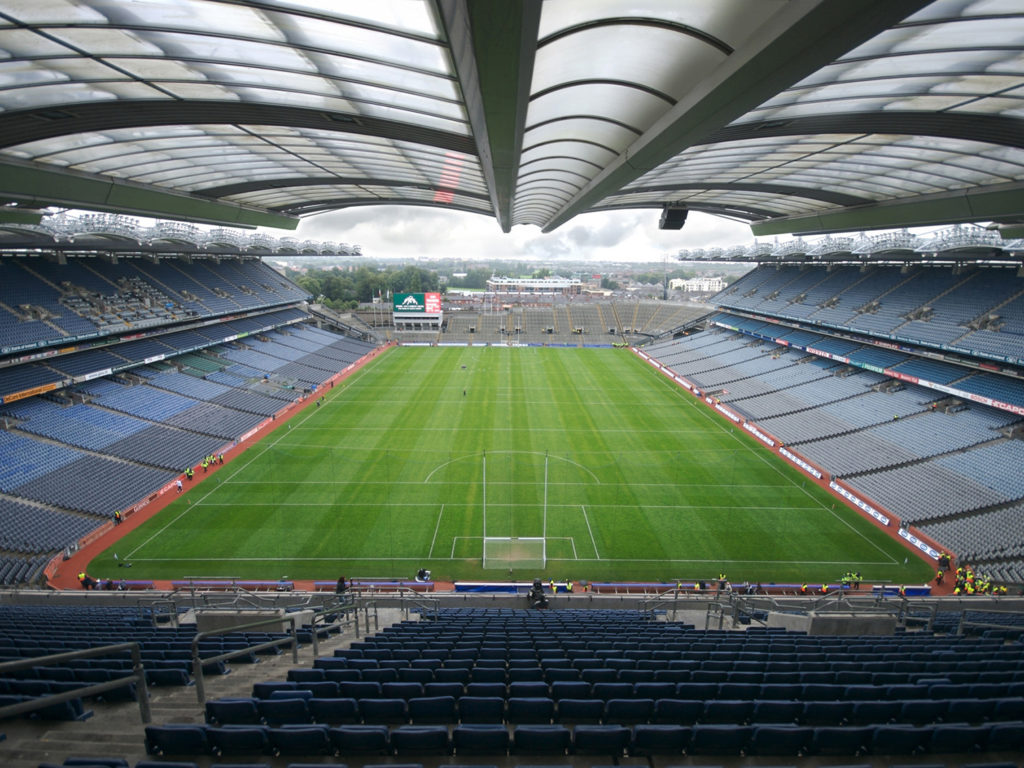
Innovation & Investment
GOAL 2017 Blog: Aquaculture world descends on Dublin
Follow the Global Aquaculture Advocate's coverage of the 2017 GOAL (Global Outlook for Aquaculture Leadership) conference at Croke Park in Dublin, Ireland.
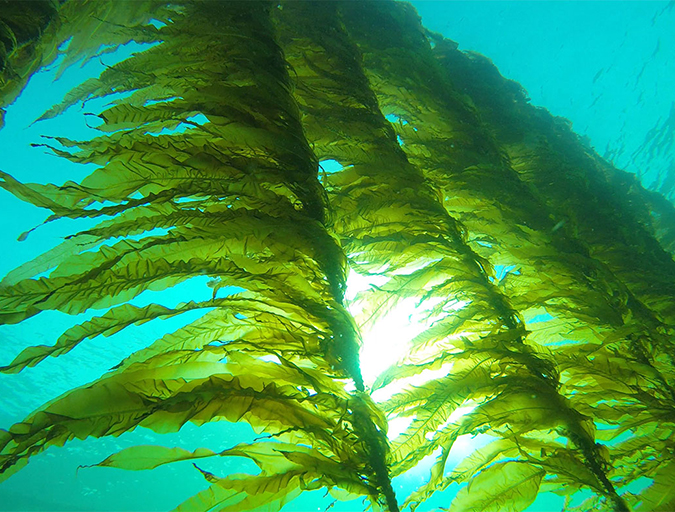
Responsibility
Can aquaculture flourish in a more symbiotic sea?
The 18-month Maribe project has uncovered some promising ideas for promoting growth and jobs within the blue economy. Aquaculture, fingered as one of five key areas for growth, could benefit from collaboration with renewable energies.


